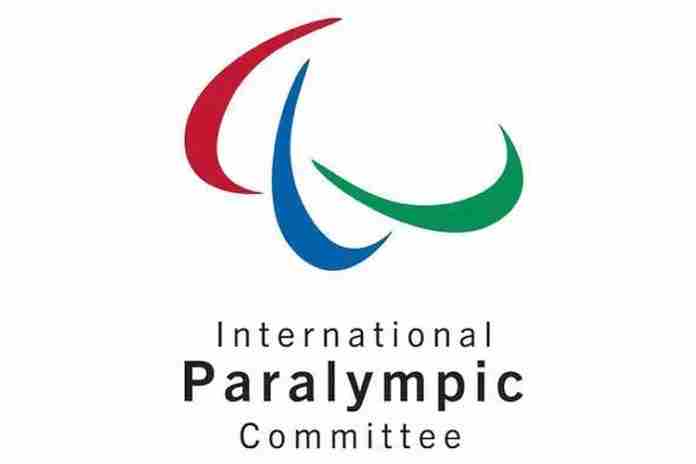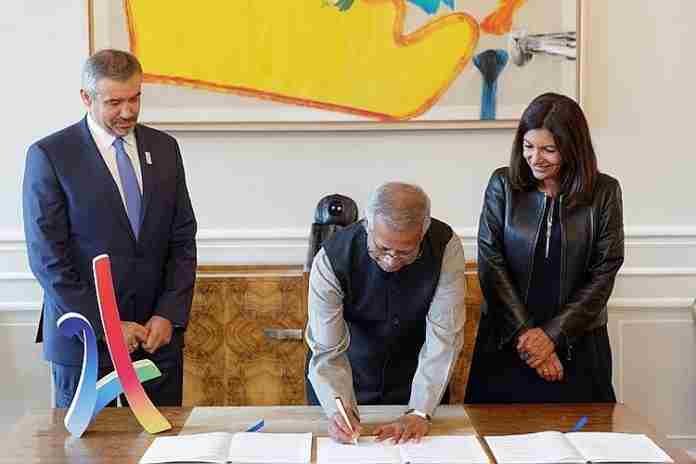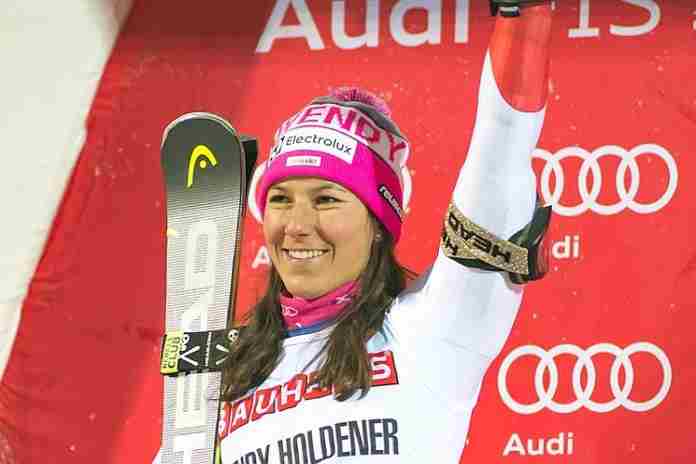Since the Russian doping scandal broke in 2015, the International Paralympic Committee has been much stronger in its dealings with its Russian National Paralympic Committee than the International Olympic Committee has been with the Russian Olympic Committee.
That continued today (8th), even as the IPC agreed to conditionally re-admit Russia after 29 months on suspension, by 15 March of this year. In a fairly clever set of moves, it continued to apply pressure on Russia even after readmission.
The IPC President, Andrew Parsons, said in a statement:
“In August 2016 the IPC suspended the RPC because it was necessary and proportionate to the situation we faced and essential to ensure clean sport.
“Twenty-nine months later it is the IPC Governing Board’s firm belief that keeping the RPC suspended is no longer necessary and proportionate to the situation we now face in Russia.
“During its suspension, the RPC has implemented 69 measures which provide the IPC with confidence that it is now a very different organisation to the one that it was prior to Rio 2016. Russian Para athletes are amongst, and will continue to be, the most tested athletes in the Paralympic Movement. Under the supervision of WADA, RUSADA has effectively been rebuilt from the ground up, is back testing and is conditionally reinstated by the global body responsible for it.
“With these factors in mind, maintaining the RPC’s suspension on the grounds of Russia’s continuing refusal to not accept the McLaren Report does not seem right. We need to move things forward and find a solution that protects the integrity of Para sport, acknowledges the significant reforms made by the RPC, and enables the RPC to comply with its membership obligations.”
So the Russians adopted 69 of the 70 requirements, but will not acknowledge the McLaren Reports that detailed the state-run doping program in the country from 2011-15. The IPC, therefore, is re-instating Russia with multiple added requirements, including added testing of Russian Para-athletes under supervision of the World Anti-Doping Agency, new anti-doping education programs, a whistle-blower hotline for reporting doping activities, barring any Russian government official from serving with the Russian Paralympic Committee and reimbursement of expenses to the IPC for the added supervision and testing efforts, and more. These conditions will continue through the end of 2022.
Parsons added:
“At our meeting the Board concluded that disappointingly Russia most probably will never accept the findings of the McLaren Report, bearing in mind it has not provided any proper response to it since its publication in July 2016.
“Therefore, the Board was faced with a fairly straight-forward question: should we dig our heels in and continue waiting for a very unlikely Russian response to the McLaren Report – a move that will keep the RPC suspended indefinitely and, as a result, Russian Para athletes ineligible to compete – or do we consider whether it is possible to find another way forward to enable the RPC to comply with its IPC membership obligations?
“The Board chose the latter and decided to lift the suspension under strict conditions.”
Moreover, Parsons noted that six of the 13 Governing Board members are Para-athletes, all of whom supported the decision.
The IPC’s decision is a master stroke in that it sets out crystal-clear reasoning for its decision, explicitly confirms its belief that doping in Russia is better controlled and sets out very clear and comprehensive conditions for remaining off suspension. It also requires a report from the RPC on how it is meeting these conditions every six months for the next three years.
Unlike the IOC, which simply embraced the Russian Olympic Committee after PyeongChang, the IPC has gone slow and has been much more transparent in its requirements and reasoning. Its decision, and especially its process, does not undermine the continuing efforts of the other groups which have Russia under a microscope, including the World Anti-Doping Agency, the IAAF and the International Biathlon Union.

























